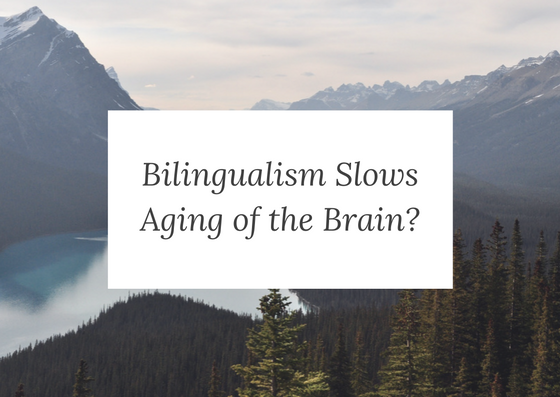Research states that language-learning slows aging of brain

While some parents fear that teaching their children a second language will confuse them and put them at a disadvantage in school, emerging research states that bilingualism creates well-rounded students who have superior abilities compared to those who are monolingual, such as better thinking skills and mental agility.
When it comes to Europe, bilingualism is a must. Most people know at least one other language. But the US? This isn’t a priority, unfortunately. In the US, the only time students are required to take a foreign language is in high school, whereas in Europe, language education begins in elementary school.
“Bilingual children tend to have enhanced language abilities, a better understanding of others’ point of view, and more mental flexibility in dealing with complex situations,” said Dr. Antonella Sorace of the University of Edinburgh.
In fact, those who decided to learn a language after retirement have experienced better memory and mental ability, according to a study conducted by Dr. Sorace. This causes theories to exist that bilingualism delays the risk of dementia.
Should the US work toward becoming a bilingual nation? Let us know!
Your donation will support the student journalists of Poland Seminary High School. Your contribution will allow us to purchase equipment and cover our annual website hosting costs.










